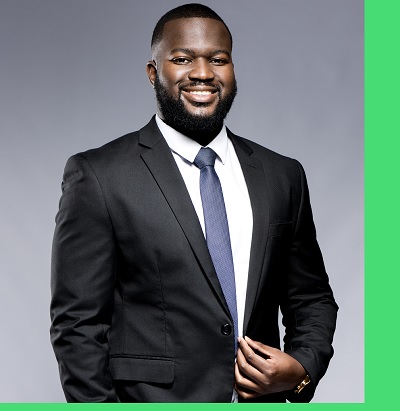Why Millennials and Gen Z are rethinking financial security
The way people think about life-cover is changing.
For older generations, it was a practical safeguard, a traditional product that provided financial protection for spouses and children in the event of death.
But younger generations are bringing fresh perspectives to financial planning, including how they view life insurance. Many of them grew up during economic downturns and have faced financial uncertainties.
They’re also shackled with student loans and increased living expenses, which, altogether, very much make their attitude towards money different from their parents. Security remains important but has shifted regarding how it’s achieved and in what priority it comes.
Life cover is less about the traditional family structures or passing on wealth and more about flexibility, freedom, and contingencies that may pop up in one way or another for these two successive generations.
Millennials and Gen Z also tend to be more accepting of non-traditional family structures and lifestyles.
Many are choosing to get married later in life, opting for life partners rather than legally binding marriages, or not having children at all. This means their financial dependencies are different. To them, life cover isn’t just about securing peace of mind, it’s a powerful tool for building generational wealth that can give their loved ones a head start in life.
For Millennials and Gen Z, life insurance offers a unique opportunity to leave a legacy, ensuring that the next generation has a strong foundation to build on.
By investing in life cover now, it is believed that they are creating a financial cushion that will carry them through tough times and set them up for success, allowing them to focus on their dreams rather than stressing about survival.
It’s about planting the seeds today for the prosperity of tomorrow – a gift that keeps on giving, far beyond their lifetime. Why not be the change-maker for your family’s future?
Technology also plays a very critical role in how this generation makes decisions on financial issues.
The digital platform and apps have completely changed the way people learn about life insurance, manage their finances, and compare products. Younger consumers value convenience and transparency, wanting products that are easy to understand, flexible to their needs, and simple to buy or update.
This need for tailored solutions requires insurers to think differently about the provision of life cover, shifting away from one-size-fits-all products to more tailored and flexible solutions. They are also more aware of risks beyond the conventional ones that insurance covers.
Events such as pandemics, climate change, and economic shocks have made them consider how they can future-proof their lives against unimagined challenges.
Life cover has become much more than a financial obligation; it’s an active ingredient in their wider strategy to build resilience.
For Millennials and Gen Z, there’s a strong focus on financial freedom and flexibility.
If positioned well, life cover is about stability without constraint. It’s about having a safety net that protects the people they love most while supporting the evolving choices of their lifestyle.
As they reimagine financial security, they seek tools that reflect their values, tools that protect yet let them adapt as life changes.
Insurers who can grasp this change and respond with appropriate intuitive products will, therefore, be better positioned to forge lifelong relationships with such progressive consumers.
– Ndadhi Ndoroma is the General Manager for Personal Financial Advice at Old Mutual Namibia.







